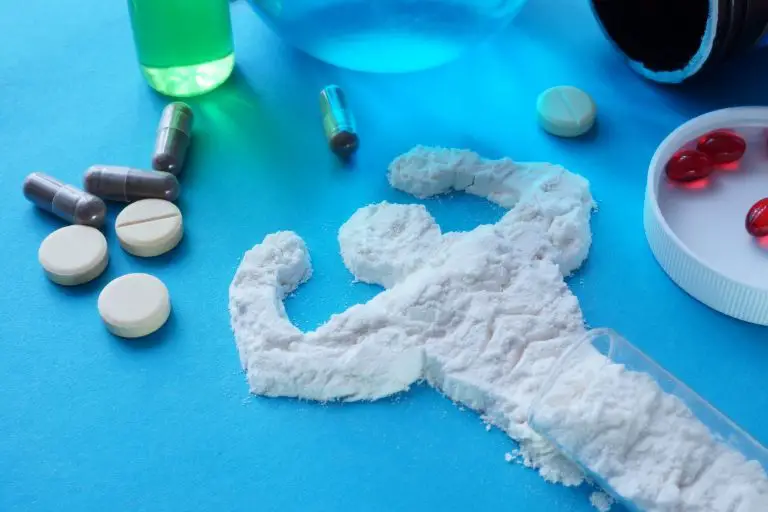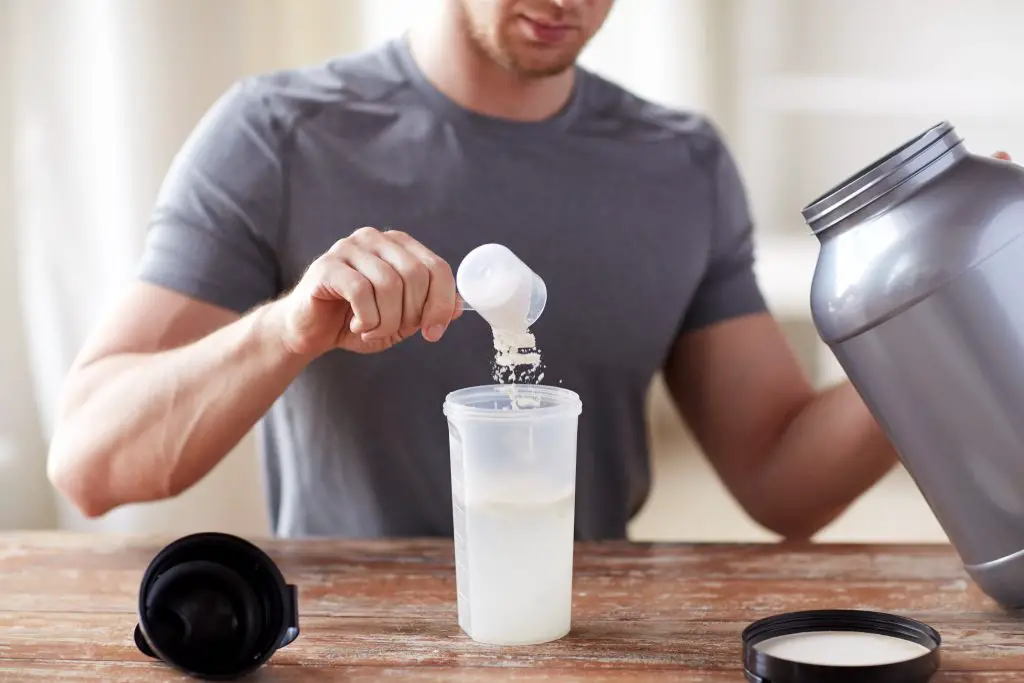
Page Contents
Would You Rather?
A healthy workout is a combination of diligence, dedication and commitment. On the sidelines of the weight rooms lurks the allure of muscle-enhancing supplements. It’s a no-brainer to try a safe, proven, natural supplement which yields great results. One such supplement is Creatine. Creatine naturally increases energy and builds muscle mass. However, there could be a caveat when taking Creatine: hair loss. Finding the perfect supplement can be confusing and costly. The key is to avoid unexpected complications and health risks. Understanding a supplement’s efficacy and side effects is paramount. One important side effect to always consider: can the supplement potentially alter the natural development of hormones.
Creatine’s Popularity
Creatine found popularity at the Barcelona Olympics in 1992. It hit the gym as a powerhouse supplement. The human body produces Creatine naturally. Adding Creatine supplement helps enhance exercise performance and increase muscle mass. It transforms the body from Dudley to Studly. Creatine, like, amino acids, is a compound structure that produces proteins and hormones. The muscles store Creatine as phosphocreatine. Protein intake, exercise, muscle development and testosterone production affect the levels of phosphocreatine. Adding a Creatine supplement increases phosphocreatine levels stored in the body’s muscles. The energy muscles require to work. Hence the popularity.
What the Research Says (and doesn’t say)
Creatine has the muscles looking good. However, hair loss is getting its own workout. By way of hypothesis. It was documented in a 2009 Creatine Research Study. The twenty-one day research study examined 20 male participants. Each were given a mixture of 25 grams Creatine / 25 grams Glucose. During the trial it was noted that the mixture “may” have converted testosterone into dihydrotestosterone (DHT). DHT is the hormone believed to cause male-pattern baldness. In the first seven days, levels of DHT increased as much as 56%. For the next two weeks, DHT remained as high as 44%. Based on the numbers, hair loss related to Creatine is quite alarming. But, despite the peak of DHT levels, the study had no comparative data. No hair loss was recorded and no data indicated any of the test subjects were predisposed for male-pattern baldness.

So, Truth or Myth?
At the conclusion of the scientific study, all the researchers agreed that, “Further investigation [was] warranted,” so…
Creatine causes hair loss is a MYTH?
Another non-scientific claim refutes the study. Regular, everyday Creatine users indicated noticeable hair loss occurred while taking the supplement. After stopping Creatine, over time, there was evidence of new hair growth, so…
Creatine causes hair loss is the TRUTH?
The answer to the statement, “Creatine causes hair loss,” looks to be more myth than truth. There is no scientific evidence proving the relationship. When hair loss is an immediate concern, many options are available to find the right solution. No need to blame Creatine. For now, anyway.
Related Reading
The Future
The Creatine – Hair Loss conundrum hasn’t hurt sales of the supplement. Growth of Creatine sales is expected to increase 6.5% over the next 5 years. By 2024, the USA alone will have purchased a staggering $520 million worth of the supplement. Creatine is available as energy bars and drink mixes and sold in pill form, or in bulk, as a powder. Before starting any new workout supplement, be sure to speak to a physician. Especially regarding proper dosage. Truth or myth, when including Creatine into a workout, the body “may” or “may not” convert testosterone into DHT. For now, on the male-pattern baldness spectrum, the hair loss needle points to MYTH. That fact seems certain in scientific research. Until proven otherwise, Creatine truthfully grows muscles and mythically promotes baldness.
Tired of chasing down hair growth solutions without the results you’re after? Make sure you’re using the 3 hair loss products known to work before experimenting with alternative solutions – you may be surprised with how effective those 3 alone can be.




![Top 3 Pumpkin Seeds Benefits For Hair [According to Experts] Top 3 Pumpkin Seeds Benefits For Hair [according To Experts]](https://hairlossgeeks.com/wp-content/uploads/2019/03/Depositphotos_313729134_xl-2015-100x70.jpg)
